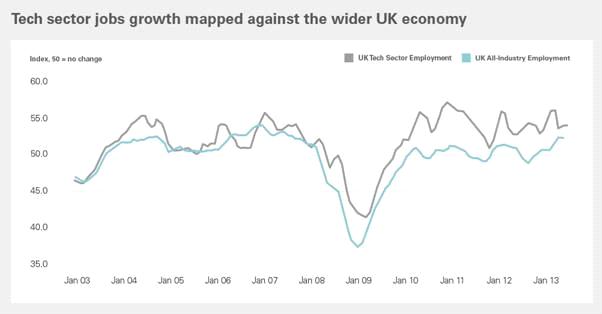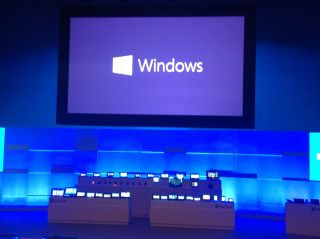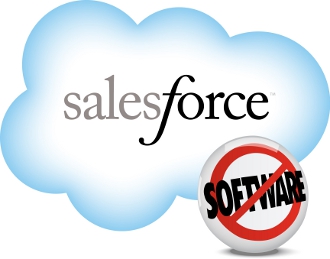 Microsoft has revealed the results of its new study into the state of the UK app landscape and it’s crediting “brave developers” with creating a dynamic little economy. App developers aren’t just IT professionals, there are plenty of hobbyists coding out of their homes and they are joining the fun.
Microsoft has revealed the results of its new study into the state of the UK app landscape and it’s crediting “brave developers” with creating a dynamic little economy. App developers aren’t just IT professionals, there are plenty of hobbyists coding out of their homes and they are joining the fun.
However, it’s not all smooth sailing. Low return on investment is a big concern, as only 51 percent of apps were achieving a reasonable return. App development also requires plenty of new skills and 86 percent of developers believe the skill set is much different from five to ten years ago. Other challenges include the need to design cross-platform apps and potential problems with security and privacy.
Despite these challenges, Britain’s app economy is thriving and 95 percent of developers are optimistic about the future of their niche. Another 86 percent believe current apps have only scratched the surface, while 83 believe demand for custom apps will increase over the next few years.
“The ecosystem of UK developers is growing rapidly, with professionals, hobbyists and a new breed of those responsible for commissioning applications bringing their own unique blend of passion and potential,” says Anand Krishnan, General Manager, Developer and Platform Group, Microsoft Limited. “It’s a world of opportunity – and harsh new challenges. The days of developing for a single platform, a single form factor, even a single kind of device are over.”
Although there’s no shortage of optimism, it’s probably a good idea to be cautious. Some developers were talked to believe app development is slowly transforming into a bubble. As mobile apps mature, there will be less room for newcomers and new ideas. Furthermore, the cost of developing mobile apps is going down, as coders in traditional outsourcing markets gain the necessary skills and start to compete at a fraction of the cost of western devs.


















